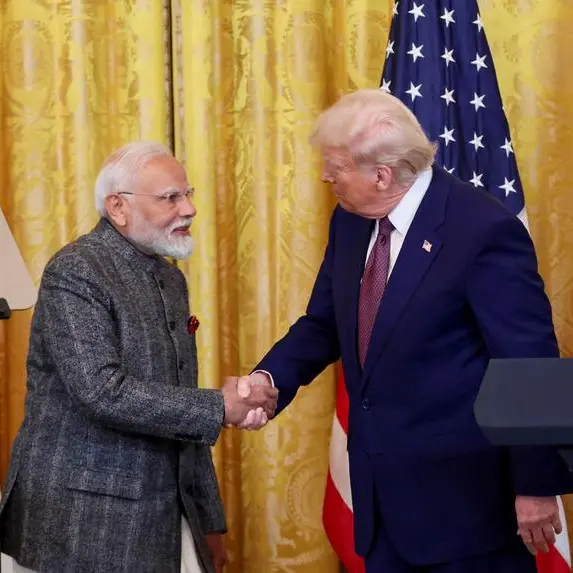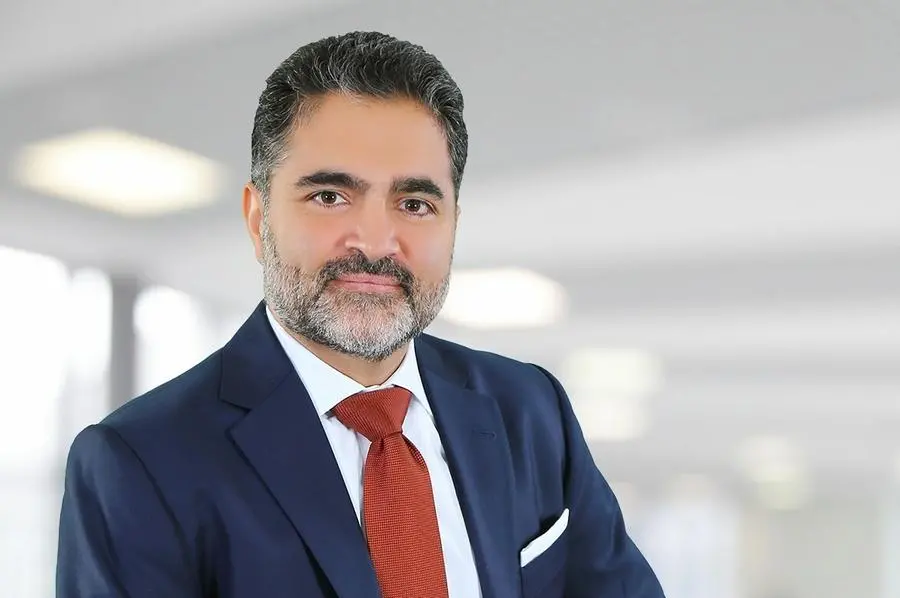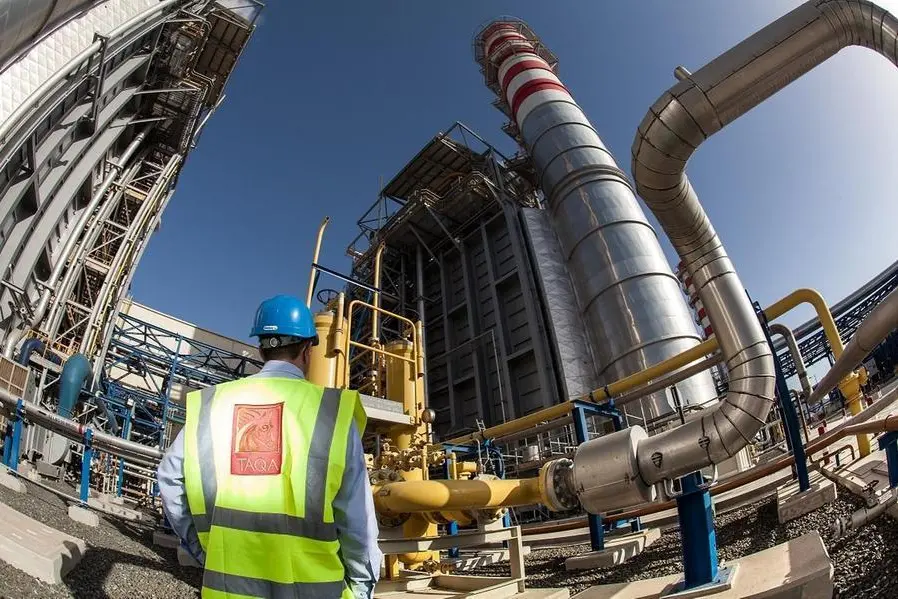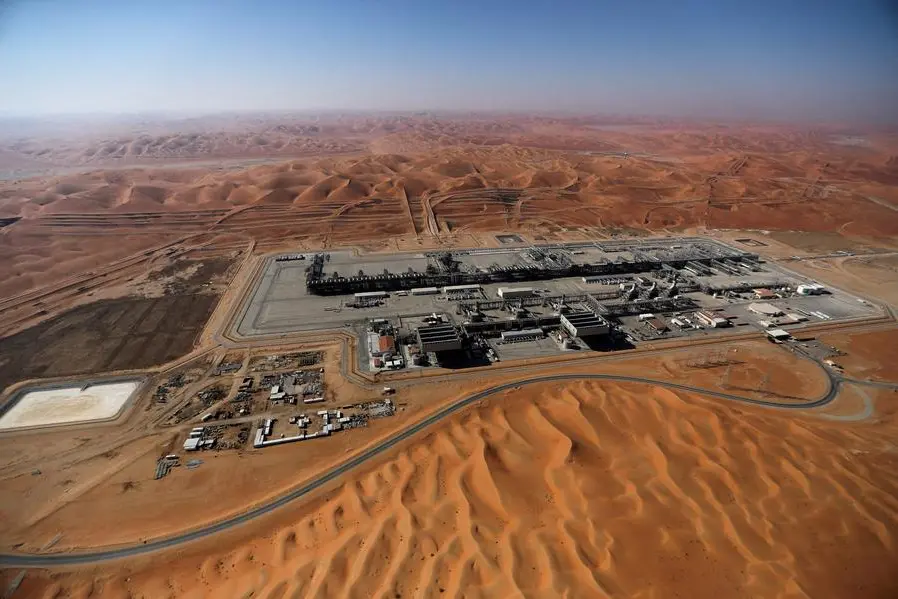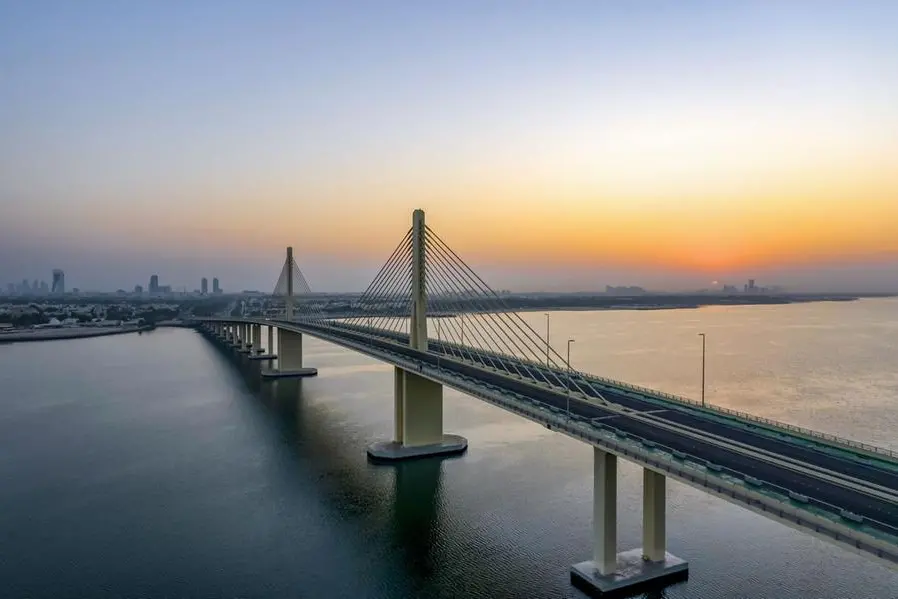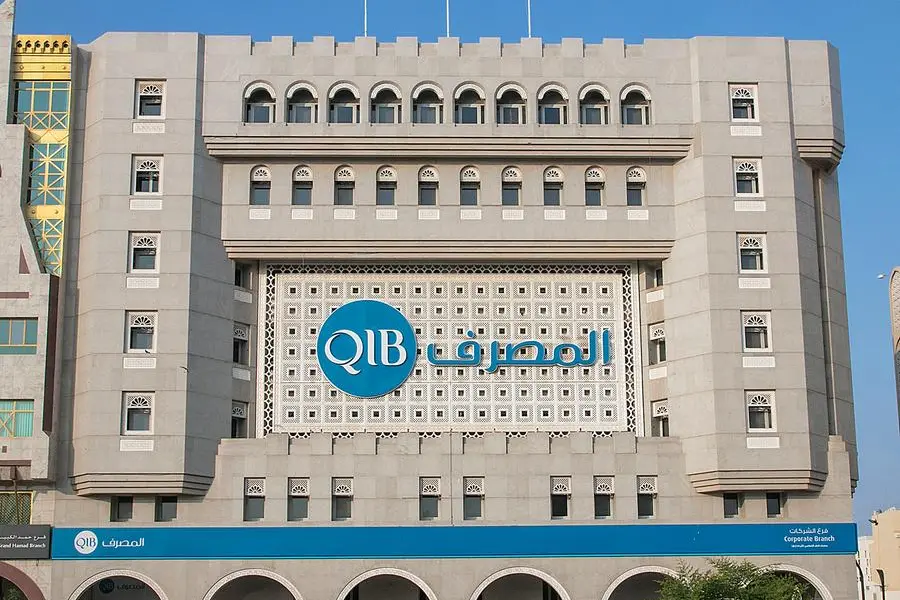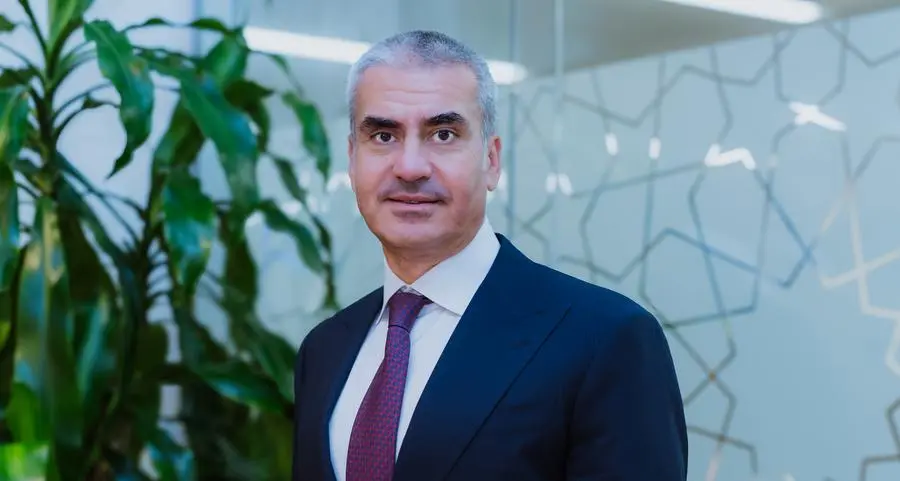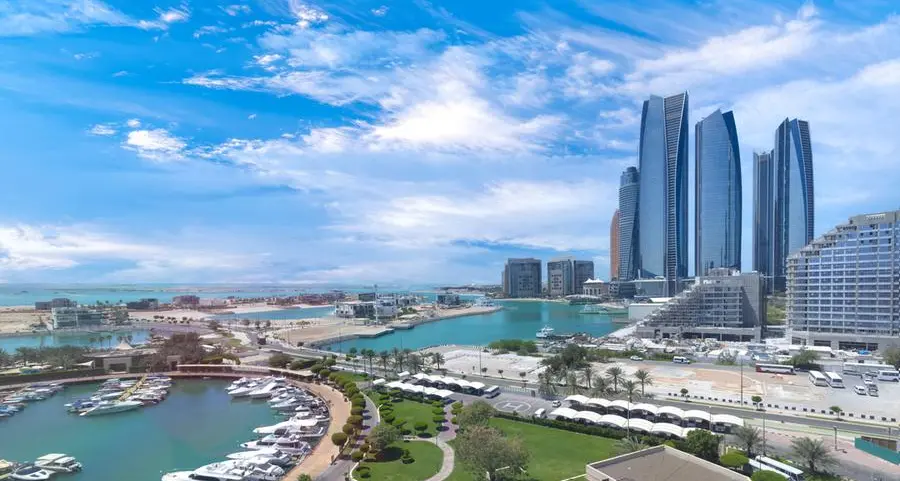PHOTO
Private equity LPs have revealed sustained optimism in the current geopolitical climate, despite macroeconomic uncertainty impacting global markets.
An LP Compass investor survey by American investment bank Houlihan Lokey revealed instability remains the top concern for LPs over the next 12 months with nearly half of respondents (42%) citing geopolitical risks as the most pressing issue for the year. This concern significantly outweighed other risks, such as inflation and interest rates (22%), volatility in M&A activity (19%), and technological disruptions (5%).
However, findings also revealed that despite risks, private equity allocations remained robust, with nearly half of respondents the (49%) planning to increase their PE allocations in 2025, while 42% intend to maintain their current allocations.
With concerns over a global trade war following US President Donald Trump’s tariff rollout, followed by a 90-day pause, coupled with ongoing geopolitical headwinds, 9% of investors stated they were planning to decrease their PE allocations this year primarily citing liquidity constraints or internal considerations rather than concerns about investment performance of fees.
Heightened concerns over geopolitical risk also saw LPs favour smaller fund sizes over large-caps, with 81% of LPs saying they will likely favour lower-middle market funds over the next 12 months, while only about one in eight favour large-cap funds. Many cites smaller funds as less correlated with macroeconomic cycles and public markets, while smaller companies which these funds buy are also less likely to be impacted by international trade tariffs.
“Emerging managers tend to run mid- to lower-middle market funds and our survey shows the majority of global LPs heavily favour this cohort. Middle Eastern LPs stand to gain from diversifying their portfolios into this tier of the PE [private equity] market given the domestic companies in these portfolios tend to have significant growth upside and enjoy a relative buffer from geopolitical and policy risks,” Khuram Maqsood, Managing Director in Houlihan Lokey’s Private Funds Group in the Middle East said.
Healthcare and technology dominated industry preferences, with 44% saying healthcare and technology stood out as the most targeted sectors, valued for their stability and long-term growth potential. Business services (40%) and industrials (33%) also attracted strong interest, while consumer-focused funds saw the least demand, with only 7% favouring allocation, reflecting broader caution toward cyclical industries.
Emerging managers
The survey, conducted in Q1 2025 from 126 private equity LPs, also revealed LPs in the Middle East favoured mature asset managers, while under-allocating to emerging fund managers.
Shifting focus to emerging fund managers could be a key strategy for Middle East Limited Partners (LPs) looking for greater gains on private equity investments. Managers are typically considered “emerging” until they launch their fourth fund, after which they are seen as more established.
“Middle Eastern LPs include some of the world’s largest investors and have traditionally allocated heavily to private equity, especially in the US. However, they tend to favour large and well-established asset managers and have historically under-allocated to emerging fund managers globally,” Maqsood said.
Globally, only 10% of LPs are reluctant to invest in emerging managers with three fund iterations, data revealed, however, this figure rose to 36% in the Middle East and Africa, which Houlihan Lokey said highlighted a clear regional variation in appetite.
According to survey findings, LPs remain focused on more developed private equity markets with North America maintaining its lead as an investment destination with 98% of LPs planning to allocate capital to the region in the next 12 months, up from 94% in the past year, Houlihan Lokey said.
Europe follows as a preferred destination, with 63% of LPs considering it favourable both now and moving forward, while more nascent PE markets such as the Middle East, Asia and Latin America continue to attract relatively less capital compared to these more mature regions, the investment bank said.
(Writing by Bindu Rai, editing by Brinda Darasha)




